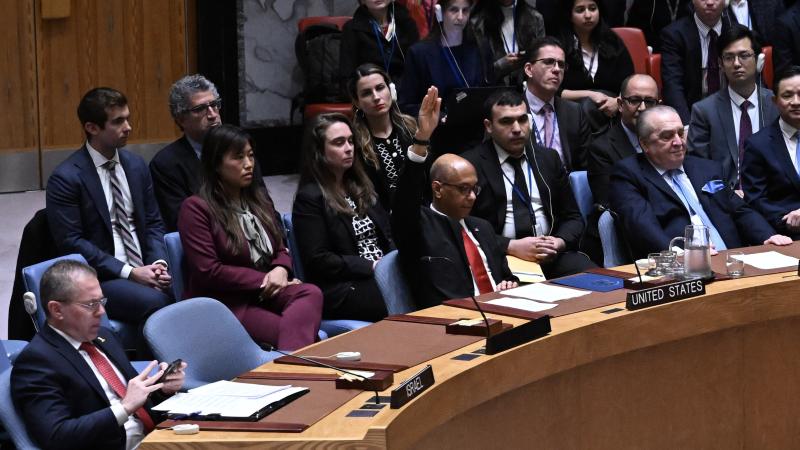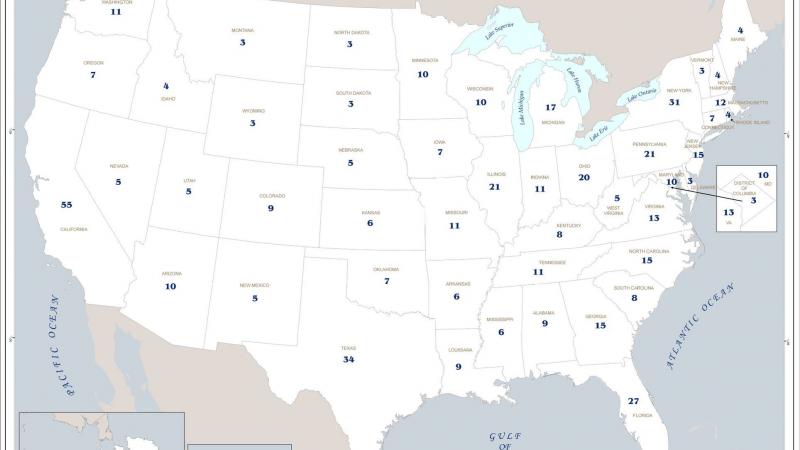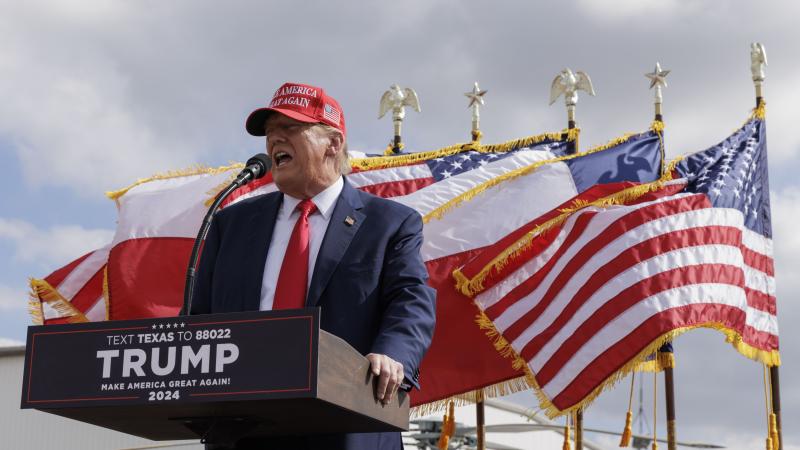State Department says Russia is pushing coronavirus conspiracy theories online
A new report says the Kremlin is peddling conspiracy theories online with a handful of coordinated proxy websites
U.S. officials contend that Russia is employing an online operation – including the disseminating of conspiracy theories and disinformation – to create confusion about the coronavirus, according to a new State Department report.
The report described a Russian-based misinformation cycle that peddles sensationalist information via U.S. social media conversations and proxy websites. The department found that the Kremlin has focused its most recent efforts on conspiracy theories about the pandemic.
The sites appear as standard-seeming news outlets, but in reality are tied to the Kremlin and Russian state-funded media.
State-funded media outlets in Russia often publish similar stories to the ones seen on these deceptive sites. Furthermore, officials in China and Iran, in addition to Russia, often share the claims found on these sites on their social media feeds, the report found.
The head of the State Department's Global Engagement Center, Lea Gabrielle, told the Associated Press that what makes the Russian disinformation strategy effective is that "it's difficult for the average person online to look at these sites and know the Russian affiliation."
Most of the sites examined by the State Department were directly connected to the Kremlin in one way or another. One site, Canadian-based Global Research, frequently publishes articles written by fabricated authors created by the GRU – Russia's military intelligence service. A different site, NewsFront, is registered to the Russian government.
Some of the theories being peddled include the idea that the novel coronavirus was created in a lab as a bioweapon; billionaire Bill Gates is planning to use the global pandemic as a way to insert microchips into people; and that the effort to create a coronavirus vaccine is merely a ploy for pharmaceutical companies to generate a profit.
The report did not look at whether Russia is again attempting to exert influence online over the upcoming U.S. presidential election. Though Secretary of State Mike Pompeo on Wednesday announced that the U.S. is offering a reward of up to $10 million for information that will help lead the department to individuals working with foreign powers to interfere in the election.














